Introduction to Esport Careers
Esports Careers
With a yearly revenue of more than $1 billion and a community of hundreds of millions of people, the esports industry offers a wide variety of jobs. In this article, I will briefly explore some of the options you have of getting involved in it professionally.
Pro Gamer
This is one of the most visible but also one of the most difficult roles that you can play in this industry. If esports were a movie, the pro gamer would be the lead. As you can imagine, just like in traditional sports, only a tiny percentage of gamers will succeed in becoming professional esports athletes. The objective is not impossible, but you need to be realistic and extremely diligent to attain it.
Streamer
This career is well-suited for people who are either great entertainers or great gamers who have become popular by achieving significant results in professional tournaments. To become a streamer, you need to have initiative. Because you won’t find employers searching for a streamer. Rather, you become one by providing a captivating experience and getting more and more followers over time. Keep in mind that this is a slow process. Some of the most popular streamers began with only a handful of people watching them and they kept at it for years before reaching their current level of success.
Coach
This role is great if you’ve gained a lot of knowledge about an esport, enjoy analysing it, and know how to bring out the best in people. A good coach is someone who can give his team insights into what they’re doing wrong, what they’re doing right, and what can be done to improve or win a match against a particular opponent.
Caster / Analyst / Host
If you enjoy watching live esports events, you probably already know what casters, analysts, and hosts do.
To be a good caster, you need to have a great voice and a way of presenting what’s happening in a way that enhances the viewer’s experience. You can do this by either analysing the action or by simply narrating it. Esports matches are usually cast by two people. One can provide a deep analysis of what the teams are trying to do while the other does the hyped narration.
Analysts are game experts who understand their esport from the players’ perspective and can tell the audience what went right, what when wrong, what the statistics of a certain matchup are and so on. You usually see them before and after each game.
The host is a tournament’s main guide. He or she directs the panel discussion and synchronizes the actions of the casters, analysts, and whoever else works there.
Tournament Organiser
TOs take care of everything that happens before and after an esports event. They ensure that the action takes place under optimal conditions and that no technical problems exist. As you can imagine, this is not done by a single person but rather a group of people who work together to create an environment in which everyone else can do their part.
Journalist
Journalists are people who break the most important stories around esports and gaming, making sure that key issues are brought to the public’s attention.
Content Creator
Content creators provide their audience with game guides, analyses, memes, and other types of content. Unlike journalists, they are more concerned with entertaining people than with giving them news or investigating cases of corruption.
Community Manager
Every esports company tries to be active on social media. Community managers are people who take care of this, providing news about their own organisation, expressing opinions about players, teams, and events, and seeking to engage people. Their job is to maintain and grow their fan base.
Programmer
It’s hard to be an esports company without having a website. Therefore, everyone needs at least one programmer.
Designer
Whether it’s branding, rebranding, photoshopping images, planning advertising campaigns, or improving the UI/UX of a website, designers are essential to esports.
